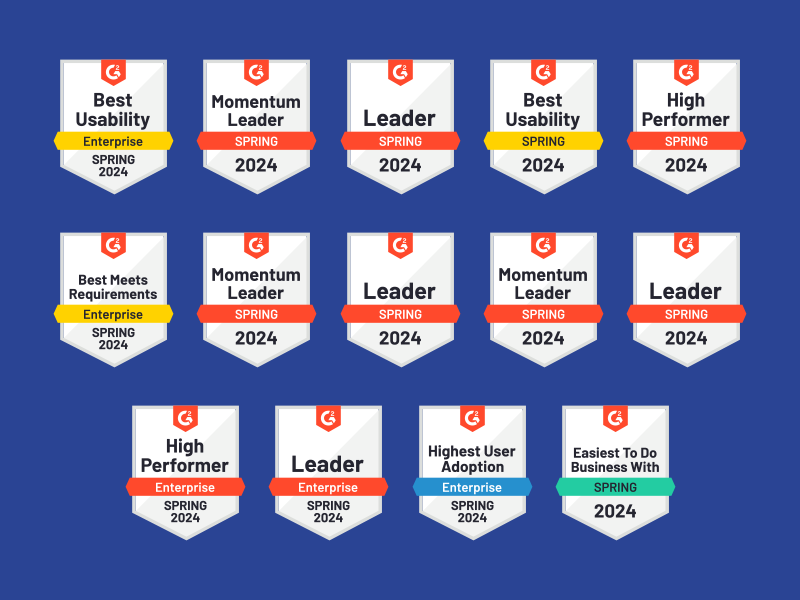There have been some big headline news stories recently about the humble job of an employee relations person. Did you miss them?
You probably didn’t — you just didn’t think about how HR and employee relations plays a significant role and could have made a real difference, especially in one area: Investigations.
For instance,
McDonald’s CEO resigned after an improper relationship with an employee. They are back in court because she wasn’t his only paramour, and there were some sketchy stock transfers. This should have all come out in an investigation, but they didn’t bother to look at his emails.
Another hot case involved the
cooking experts and YouTube stars of Bon Appetit. Employees charged racial discrimination, and the editor in chief ended up resigning. Who takes care of things like this? Your investigative geniuses in employee relations.
Properly and promptly done workplace investigations could have saved these big-name companies from embarrassing press coverage. Here’s how to use investigations to make your business a better place to work–where people feel comfortable being there.
Follow up on all complaints
Sometimes people are just looking for a place to vent. They don’t really want you to investigate, and so you don’t. Legally, this is okay if their complaint isn’t about something illegal. For instance, if someone comes to complain that their boss micromanages them, that’s not a legal problem. You may wish just to be a listening ear and then go about your daily life.
But, what if you followed up? Not in a full-blown, here’s my private investigator hat way, but in a subtle, behind the scenes way? You may find out that the boss is a terrible micromanager, and you can offer her coaching and support to improve. You may find out that the complaining employee is a slacker who needs to have every task dictated to her, or she’ll go straight to her phone. If that’s the case, you can help her manager create a performance improvement plan for this employee. Either way, you end up with your business being a better place to work.
For complaints about illegal behavior (sexual harassment, racial discrimination, FMLA interference, etc.) you put the company at risk if you don’t respond. When the concern is about a senior executive or a star performer, you run the risk of push back from the top people. They don’t want one of their own punished. Remind them that you don’t want them to be above the fold on the New York Times announcing the problems in the company. Investigate.
Bottom line: follow up on all complaints. Your employees and company will thank you.
Go in with an open mind
I like to joke that we go into HR because we love people, and then we work with people, and we start to hate people. We see a lot of unfounded whining, and we also see a lot of terrible behavior. This can make us skeptical about one person’s complaint and be wholly convinced of another person’s claim. Neither situation is a good place to be.
You need to investigate before acting. Investigate even if there is a video. You need to understand what happened before and after the video clip to know what really happened.
Sometimes it’s impossible for an employee relations person to go in with an open mind. This could be because of prior experience or because one of the people involved can make the investigator’s life miserable. In this case, it’s time to bring in an outside investigator. It will save you the headache and the company the future lawsuit.
Don’t forget the data
The complaint: I’m paid less than my coworkers, and I think it’s because of my race.
The investigation: Pull up everyone with the complainants’ title and look. Yep, everyone is making about the same.
Conclusion: no discrimination.
Sounds easy, right? You looked at the data, and everything was fine. But, salary is nothing more than a snapshot. You’ll need to dig a bit more. Are people with the lower title doing the same work as the people with the higher title? How long has everyone been there? Is there a problem with who gets promoted? There’s so much more to a pay discrimination claim than looking at the salary and saying, “Well, you have a compa-ratio of 98 percent, so you’re good!” Look at all the variables and do a bit of digging.
If you need help with the data, there are several online courses for HR people on how to look at data. There are tools, like HR Acuity, that help you document, aggregate and analyze your employee data. However you do it, do it.
Circle back
One of the things that drive employees crazy is that they never hear back when they make a complaint. Sure, you may not wish to disclose everything for confidentiality reasons, but for your employees’ happiness, you need to report back something.
This may be a simple, “we investigated and found that your pay is fair and at a market rate.” Or it may be, “we investigated, and we agree that Joe sexually harassed you. Joe is suspended for a week and will undergo sexual harassment training. Please let us know if you feel uncomfortable working with him. If you do, you have the option of transferring to department X, or we can move Joe there.”
Even a “we investigated, and it’s really unclear what happened. There isn’t enough evidence to act either way” is better than radio silence. People just want to know.
Investigations can seem tedious and time-consuming, but when employees trust employee relations, your business is protected, and everyone is happier. It’s worth the effort to do it right.



